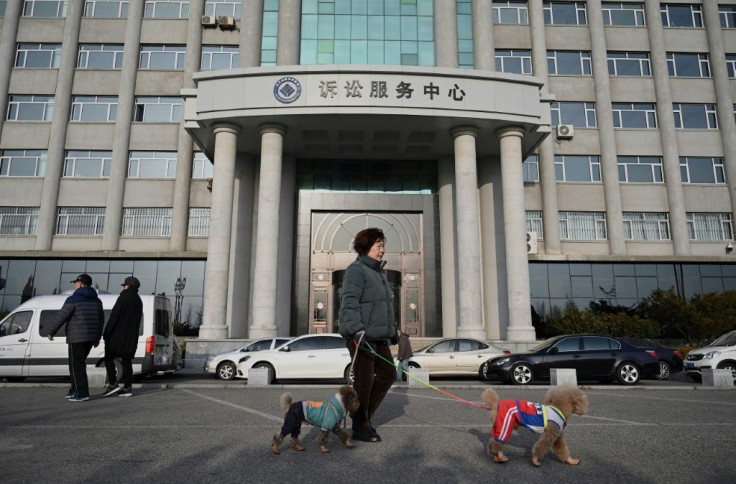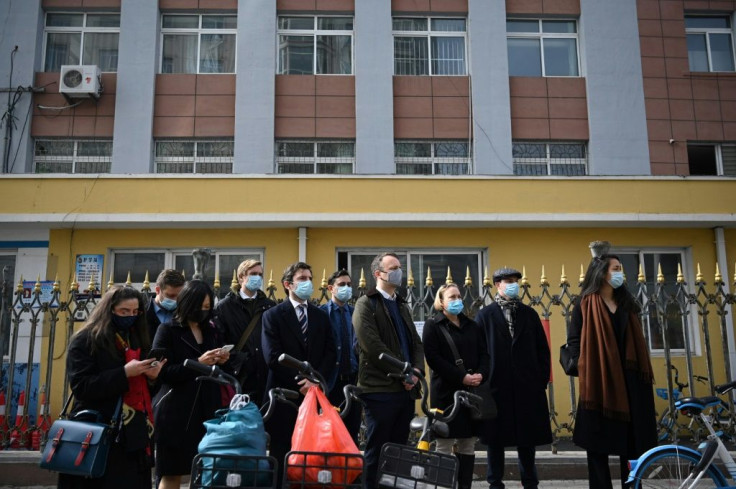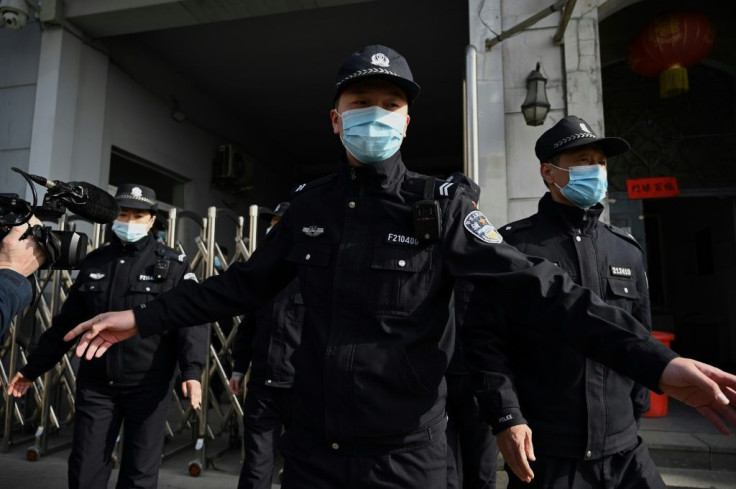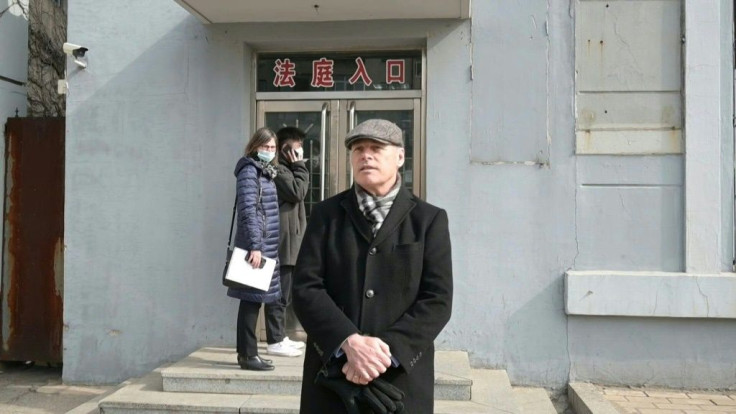Canadian's Closed China Trial Wraps Up Quickly With Verdict Unknown
The closed-door trial for a Canadian man detained in China for more than two years on espionage charges lasted less than three hours on Friday, a Canadian diplomat said, criticising the lack of transparency.
Michael Spavor is one of two Canadians detained, in apparent retaliation for Canada's arrest on a US extradition warrant of Huawei executive Meng Wanzhou, and formally charged last June with spying. The verdict of his trial remains unknown.
Canada has attacked the charges against its citizens as "trumped-up", and the three cases have sent relations between Ottawa and Beijing to their lowest point in decades.

Spavor's family have called for his unconditional release, insisting that he was innocent of the accusations and had done much as a businessman to "build constructive ties" between Canada, China and North Korea.
Jim Nickel, the charge d'affaires of the Canadian embassy in Beijing, told reporters outside the courtroom in northeastern China that the hearing had finished, and officials were awaiting the verdict.
"The trial has now concluded," Nickel told reporters outside the court, adding that "it remains unclear what transpired" inside the courtroom.
"It's not been a transparent process," he said.

Nickel had earlier told reporters outside the court in the city of Dandong near China's border with North Korea that Canada was "disappointed by the lack of transparency and the lack of access" to the proceedings, from which Canadian officials were barred.
Canadian diplomats waved as a police van with tinted windows believed to be carrying Spavor drove out of the court.
A court statement said that the "private hearing" had finished and that the court would "select a date to announce the verdict".

The trial of Michael Kovrig, a former diplomat, is scheduled to start on Monday in Beijing.
The two men were detained just days after Meng was arrested in Canada, drawing accusations from Ottawa that they were taken as virtual hostages to apply pressure in the Huawei executive's case.
The timing of the China trials -- revealed by the Canadian government only on Wednesday -- after a two-year wait also appears linked to proceedings in Meng's case.

Meng, whose father is Huawei founder and CEO Ren Zhengfei, has been fighting extradition to the US on charges that she and the company violated US sanctions on Iran and other laws.
Her court case in Vancouver entered its final phase two weeks ago, with hearings expected to end in mid-May, barring appeals.
The trial also came alongside high-level talks between the US and China in Anchorage, Alaska.
"(The timing) is not a coincidence," said political science professor Jean-Pierre Cabestan of Hong Kong Baptist University, adding that he believed it was likely linked to the US-China meetings.
"There have been several attempts to negotiate a deal behind closed doors, unsuccessful until now.
"The trial and early deportation of the two Michaels may even have been a condition for the Anchorage meeting to take place."
The "Two Michaels", as they have become known, have had almost no contact with the outside world since their detention.
Virtual consular visits only resumed in October after a nine-month hiatus that authorities said was due to the coronavirus pandemic.
China's judicial system convicts most people who stand trial and the two men face up to life in prison if found guilty of "espionage" and "providing state secrets".
Nickel said, with US support, Canada hopes to obtain their "immediate release".
"We are working closely with the United States as well to secure the immediate release of Michael Spavor and Michael Kovrig, so we are hopeful that in some measure this trial may lead to (that)."
Beijing has insisted the detention of the two Canadians is lawful, while calling Meng's case "a purely political incident".
"We appreciate the international support," he told reporters.
© Copyright AFP 2024. All rights reserved.





















